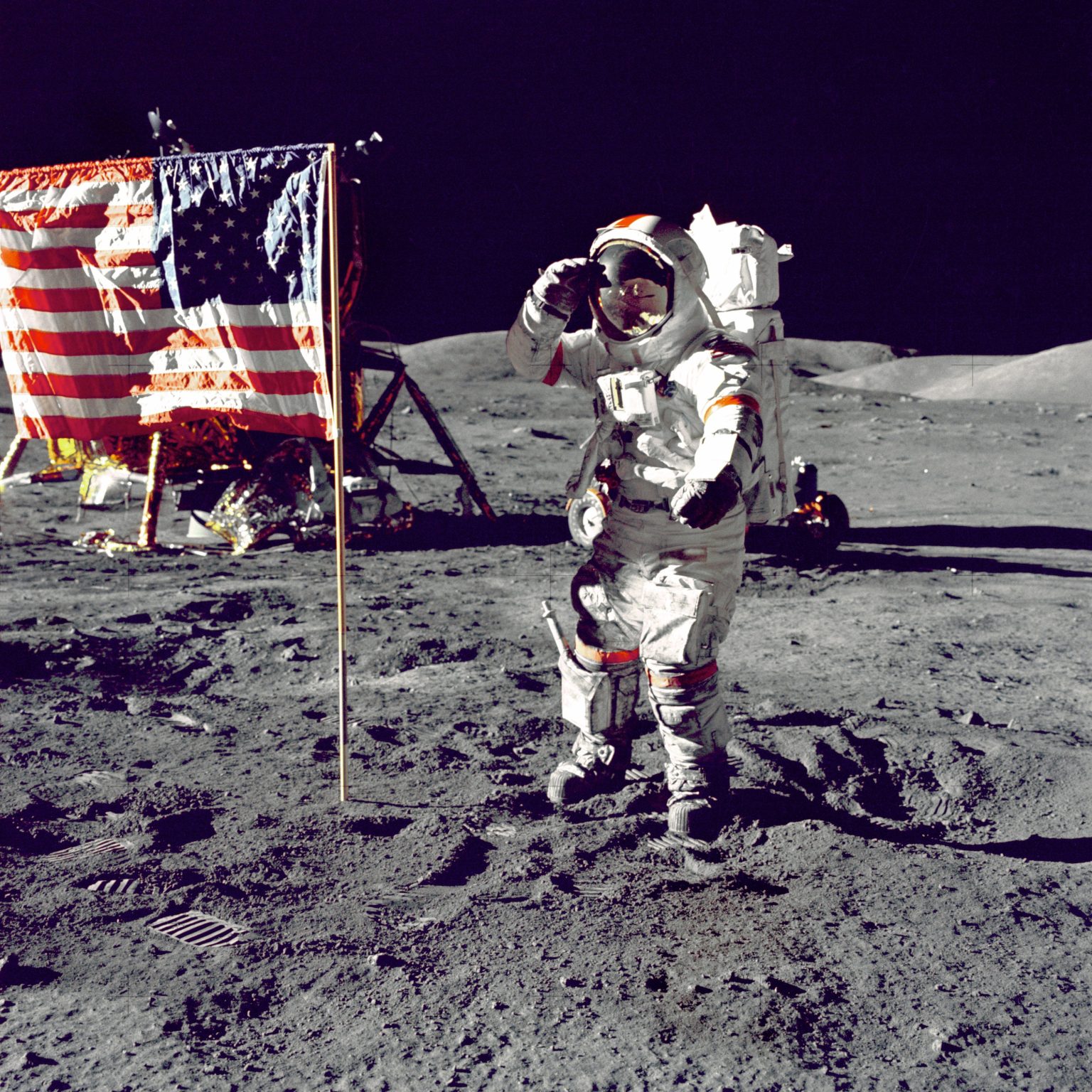On July 29, 1958, President Dwight D. Eisenhower signed the National Aeronautics and Space Act, establishing the National Aeronautics and Space Administration (NASA). This legislation was a response to the Soviet Union’s successful launch of Sputnik, the first man-made satellite, in October 1957. The fear of ceding control of space to the Soviets led to the creation of NASA, which ultimately propelled American dominance in space and led to a period of unparalleled exploratory achievement. The Mercury, Gemini, and Apollo space programs, launched by NASA, built upon each other’s success, culminating in the historic Apollo 11 moon landing in 1969.
Despite the incredible achievements of NASA and the Apollo program, no human has set foot on the moon since the end of the Apollo missions in 1972. President Eisenhower’s decision to create NASA stands as one of his greatest achievements, adding to his legacy as a military general and president. During World War II, Eisenhower served as Supreme Allied Commander, successfully leading a coalition of American, British, and French leaders through the D-Day invasion in 1944. His leadership played a crucial role in the defeat of Nazi Germany and the end of the war, making him one of the most consequential individuals in American history.
Eisenhower’s two-term presidency (1953-1961) was marked by unprecedented peace, prosperity, and global hegemony for the United States. He ended America’s involvement in the Korean War in 1953, created the U.S. Interstate Highway System in 1956, and signed the Civil Rights Act of 1957, among other notable achievements. With the creation of NASA in 1958, Eisenhower ushered in a new era of human exploration, this time focused on the cosmos and reaching for the stars. The United States was able to make significant advancements in space technology and exploration, thanks to Eisenhower’s bold decision to establish NASA.
The National Aeronautics and Space Act of 1958 was a pivotal moment in American history, allowing the country to assert its dominance in space exploration in the wake of the Soviet Union’s success with Sputnik. The establishment of NASA led to a period of unprecedented achievement in space exploration, culminating in the historic Apollo 11 moon landing in 1969. President Eisenhower’s legacy was further solidified by his leadership during World War II and his achievements during his presidency, which included ending the Korean War and signing landmark legislation. His decision to create NASA ultimately paved the way for future generations to continue exploring the cosmos and reaching new heights in space exploration.


